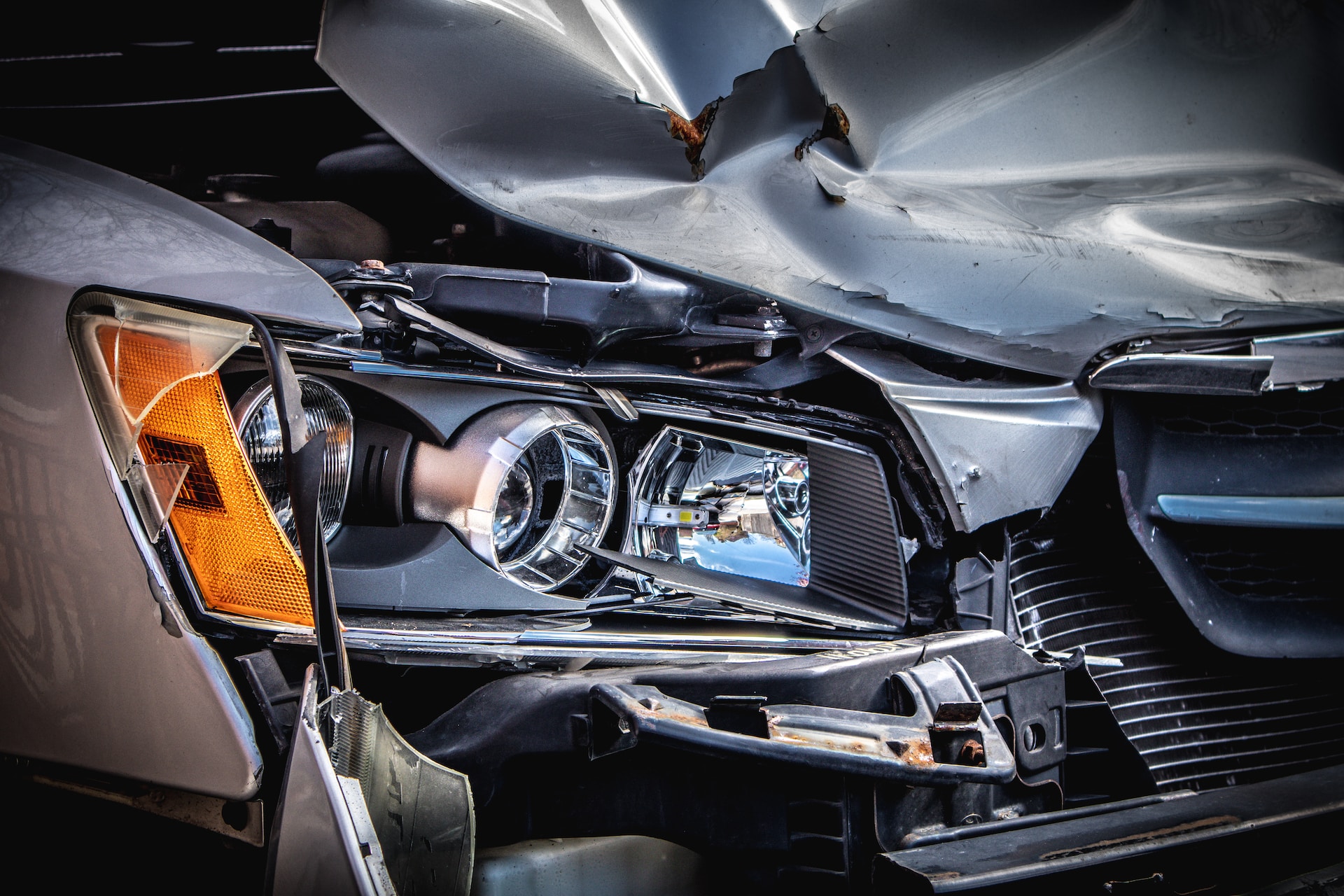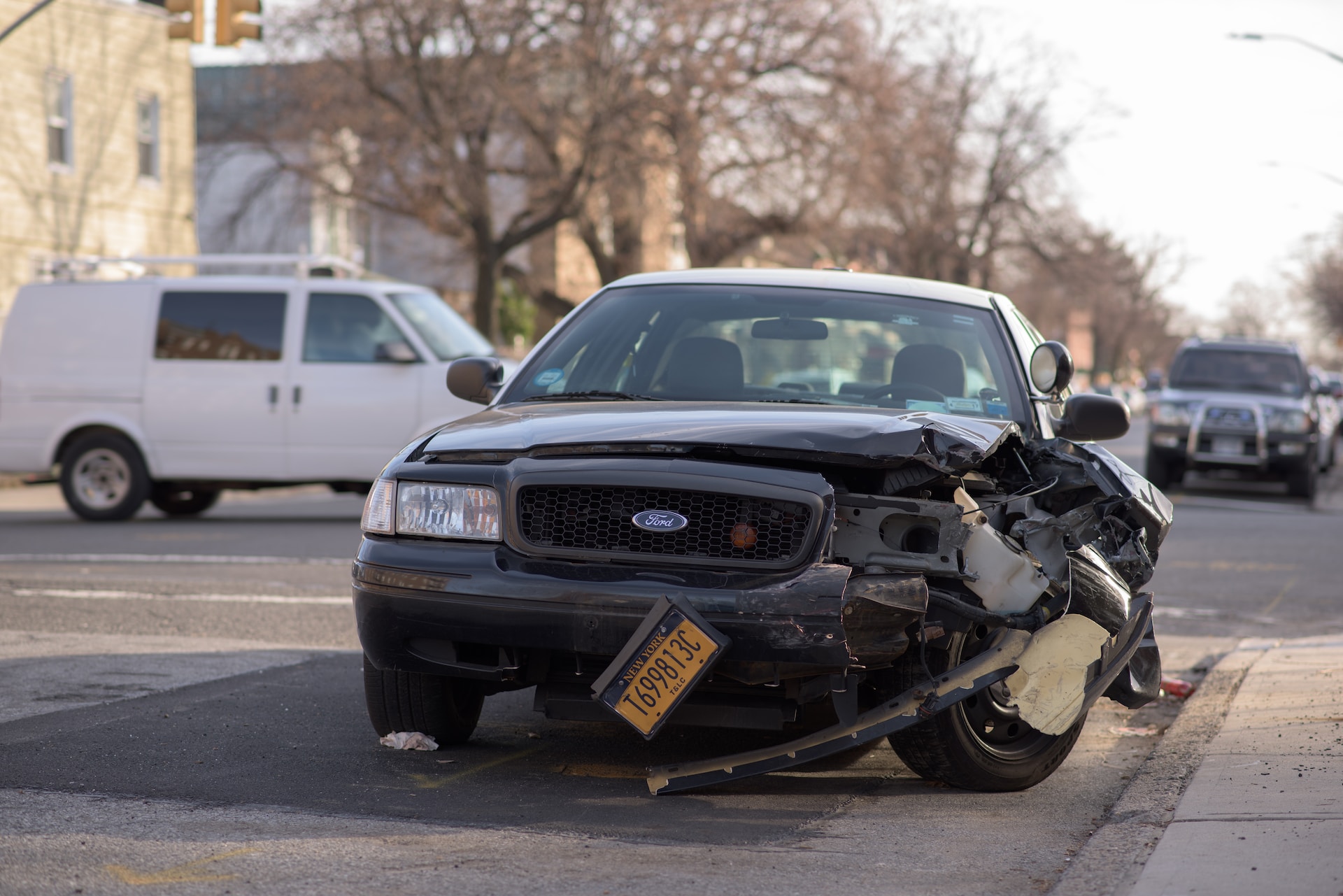Car accidents are stressful and scary events that can happen to anyone. You may be tempted to just exchange information with the other driver and move on, especially if the damage seems minor or no one is injured. But did you know that you may be breaking the law if you don’t report a car accident to the Georgia Department of Motor Vehicles (DMV) and the police?
In this article, I will explain the Georgia car accident reporting laws, the consequences of not reporting a car accident, and how to report a car accident properly. I will also share some tips on how to protect your rights and interests after a car accident.
Why Do I Need To Report A Car Accident?
Reporting a car accident is not only a legal obligation, but also a smart move. Here are some reasons why you should report a car accident:
- It helps establish an official record of the accident. A car accident report can provide important details about the date, time, location, weather, road conditions, witnesses, injuries, damages, and parties involved in the accident. This can help you prove who was at fault and how much compensation you deserve.
- It helps protect you from fraud and false claims. Some drivers may try to take advantage of you by lying about their injuries or damages, or by blaming you for the accident. A car accident report can help you counter these claims and avoid paying for something you didn’t cause.
- It helps speed up the insurance process. Your insurance company will likely ask for a copy of the car accident report when you file a claim. Having a report ready can help you get your claim processed faster and smoother.
When Do I Need To Report A Car Accident?
According to Georgia Code section 40-6-2731, drivers in the state must report any vehicle accident that:
- results in injury to or death of any person, or
- results in property damage to an apparent extent of $500 or more.
Report the accident immediately, by the quickest means of communication, to:
- the local police department if the accident occurs within a municipality, or
- the office of the county sheriff or the nearest office of the state patrol if the accident occurs outside a municipality.
File a written report of the accident with the Georgia DMV within 10 days if:
- the accident resulted in injury, death, or property damage of $500 or more, and
- no police report was filed.
You can file a written report online at https://onlineaccidentreports.com/Georgia/GeorgiaDMV.aspx2 or by mail using Form SR-133.
What Happens If I Don’t Report A Car Accident?
If you fail to report a car accident as required by law, you may face serious consequences, such as:
- A fine of up to $1,000 and/or up to 12 months in jail. Not reporting a car accident is considered a misdemeanor offense in Georgia. You may be charged with this crime if you knowingly leave the scene of an accident without giving your information or rendering aid to anyone who is injured.
- A suspension of your driver’s license. The Georgia DMV may suspend your driver’s license if you fail to file a written report of an accident within 10 days. You may also lose your license if you are uninsured and cause an accident that results in injury, death, or property damage of $500 or more.
- A denial or reduction of your insurance claim. Your insurance company may deny or reduce your claim if you don’t report a car accident promptly. You may also lose your coverage or face higher premiums if you are found to be at fault for an accident that you didn’t report.
How To Report A Car Accident Properly?
To avoid any legal troubles and protect your rights after a car accident, you should follow these steps:
-
Stop at the scene and check for injuries.
You have a legal and moral duty to stop at the scene of an accident and check if anyone is injured. If anyone is hurt, call 911 and request medical assistance. Do not move anyone who is seriously injured unless it is necessary for their safety.
-
Call the police and cooperate with them.
You should call the police and cooperate with them. Give them your name, address, driver’s license number, vehicle registration number, and insurance information. Do not admit fault or apologize for the accident. Just stick to the facts and let the police determine who was responsible. Ask for a copy of the police report or the report number for future reference.
-
Exchange information with the other driver and witnesses.
If possible, get the name, address, phone number, driver’s license number, vehicle registration number, and insurance information of the other driver. Also, get the names and contact information of any witnesses who saw the accident. You may need their statements to support your claim later.
-
Take pictures and notes of the accident scene.
Use your phone or camera to take photos of the vehicles involved, the damage, the skid marks, the road signs, the traffic lights, the weather conditions, and any other relevant details. Also, write down your own account of what happened, how you felt, and what injuries or pain you experienced. This can help you refresh your memory later and provide evidence for your claim.
-
Seek medical attention and follow up with your doctor.
Even if you don’t feel any pain or injury right after the accident, you should still see a doctor as soon as possible. Some injuries may not show up until hours or days later. A doctor can examine you and document your injuries for your medical records. Follow your doctor’s advice and treatment plan and keep copies of all your bills, receipts, prescriptions, and reports.
-
Notify your insurance company and file a claim.
You should contact your insurance company as soon as possible after the accident and report what happened. Be honest and cooperative, but do not admit fault or agree to any settlement without consulting a lawyer first. Your insurance company will assign an adjuster to investigate your claim and determine how much they will pay you.
-
Consult a car accident lawyer and consider filing a lawsuit.
If you suffered serious injuries or damages in the car accident, or if you are not satisfied with the insurance company’s offer, you may want to hire a car accident lawyer to represent you. A lawyer can help you negotiate a fair settlement or file a lawsuit against the at-fault party. A lawyer can also advise you on how to deal with any legal issues that may arise from the accident.
How Much Compensation Can I Get For A Car Accident?
The amount of compensation you can get for a car accident depends on many factors, such as:
- The severity of your injuries and damages
- The extent of your medical expenses and lost income
- The impact of your injuries on your quality of life and future earning potential
- The degree of fault of each party involved in the accident
- The availability of insurance coverage and assets of the at-fault party
- The strength of your evidence and legal arguments
In general, you can seek compensation for two types of damages: economic and non-economic.
Economic damages are those that can be easily calculated and measured, such as:
- Medical bills
- Property damage
- Lost wages
- Future medical costs
- Future lost income
Non-economic damages are those that are more subjective and harder to quantify, such as:
- Pain and suffering
- Emotional distress
- Loss of enjoyment of life
- Loss of consortium
- Disfigurement
In some cases, you may also be entitled to punitive damages, which are meant to punish the at-fault party for their reckless or malicious conduct. However, punitive damages are rare and subject to a cap of $250,000 in Georgia.
How Long Do I Have To File A Lawsuit For A Car Accident?
If you decide to file a lawsuit for a car accident in Georgia, you must do so within a certain time limit called the statute of limitations.
According to Georgia Code section 9-3-33, you have two years from the date of the accident to file a personal injury lawsuit.
According to Georgia Code section 9-3-32, you have four years from the date of the accident to file a property damage lawsuit.
If you miss these deadlines, you may lose your right to sue and recover any compensation.
Therefore, it is important to act quickly and consult a car accident lawyer as soon as possible after your accident.
Frequently Asked Questions (FAQs)
What if I was partly at fault for the car accident?
Georgia follows a modified comparative fault rule when it comes to car accidents. This means that you can still recover some compensation even if you were partly at fault for
the accident. This is called the modified comparative fault rule1. For example, if you were 30% at fault for the accident and your total damages were $10,000, you can still recover $7,000 (70% of $10,000) from the other party. However, if you were 50% or more at fault for the accident, you cannot recover anything.
What if the other driver was uninsured or underinsured?
Georgia law requires drivers to have uninsured motorist (UM) coverage as part of their auto insurance policy, unless they reject it in writing. UM coverage can help you pay for your medical bills, lost wages, and pain and suffering if the other driver was uninsured or underinsured. UM coverage can also help you if you were involved in a hit-and-run accident.
The minimum UM coverage limits in Georgia are $25,000 per person and $50,000 per accident for bodily injury, and $25,000 per accident for property damage. You can choose to have higher limits if you want more protection.
If you have UM coverage and you are in an accident with an uninsured or underinsured driver, you can file a claim with your own insurance company. However, your insurance company may not offer you a fair settlement or may deny your claim altogether. In that case, you may need to sue your insurance company to get the compensation you deserve.
How can a car accident lawyer help me?
A car accident lawyer can help you in many ways after a car accident, such as:
- Investigating the accident and gathering evidence to prove liability and damages
- Negotiating with the insurance companies on your behalf and fighting for a fair settlement
- Filing a lawsuit and representing you in court if necessary
- Advising you on your legal rights and options and answering your questions
- Protecting you from any mistakes or pitfalls that could harm your claim
A car accident lawyer can also handle all the legal aspects of your case while you focus on your recovery and well-being.
Conclusion
Car accidents can be traumatic and devastating events that can affect your life in many ways. If you are involved in a car accident in Georgia, you should report it to the DMV and the police as soon as possible. You should also seek medical attention, notify your insurance company, and consult a car accident lawyer.
By following these steps, you can protect your rights and interests and pursue the compensation you deserve for your injuries and damages.
If you need help with your car accident case, contact us today for a free consultation. We have the experience and skills to handle any type of car accident case and we will fight for your best interests.






